Sutton
by J.R. Moehringer
A line from Paul McCartney's "She Came in Through the Bathroom Window" slyly tells us that "she could steal but she could not rob." Is there a difference? Some say that the upper classes steal, while the lower classes rob, say, banks--which is what Willie Sutton (1901-1980) did, over and over again. In Sutton, a captivating and compelling biographical novel, Pulitzer Prize-winning journalist J.R. Moehringer has "captured" the life and career of the celebrated bank robber with style, insight and panache.
Like Moehringer's bestselling memoir, The Tender Bar, Sutton is a poignant book, exploring the lives of regular, ordinary folks. Willie was a poor, lower-class, regular New York City guy who became extraordinary. Early on, a reporter mentions Norman Mailer, along with his $1-million advance to write a book about the moon landing, an event that figures prominently throughout this novel: "The guy writes history as fiction, fiction as history." One could say the same about Moehringer, who tells us Sutton "contains real people and real events set in a mostly accurate timeline." His Willie Sutton is not the real one--then again, "I would argue that he's no more fictional than the real one was." Willie tells his own story in his own voice, which gives the book its tone--gently brusque and sarcastic, witty and laconic. And my, oh my, what a story it is.
It all starts Christmas Eve 1969, outside the Attica Correctional facility. Gov. Nelson Rockefeller--a former banker--has commuted the sentence of Willie Sutton, now 68, perhaps the most famous bank robber of the 20th century. In his heyday "he was the face of American crime," one of the few to make the leap from public enemy to folk hero. Even back then, America's opinion of him was tempered by its low opinion of banks. Willie was "smarter" then Machine Gun Kelly, "saner" than Pretty Boy Floyd, "more likable" than Legs Diamond, more "peaceable" than Dutch Schultz, and more "romantic" than Bonnie and Clyde. He saw bank robbery as high art and went about it with an artist's single-minded zeal. He was creative, innovative and tenacious; "Henry Ford by way of John Dillinger." He packs up his few possessions and his precious books: Plato, Dante, Pound, Kerouac. A line from Jack "saved Sutton on many long nights": "Prison is where you give yourself permission to live." And poetry: he memorized lines from many poems, and in dark cells over the years he "recites them, sings them, screams them at the walls."
Before he starts his new life, he agrees to spend Christmas Day with a Newsday reporter and a photographer; the paper has an exclusive. After taking a flight (his first ever) into Manhattan, he'll give them the special Sutton tourist trip around New York, stopping at places on the map that were important in his life and career. They constantly remind him about their big scoop--when Willie, who never hurt anyone, never shot anyone, will take them to the spot where, in '52, stories say, he killed Arnold Schuster, who had turned him in. (Willie didn't kill him. A Mafia boss disliked Schuster because he was a rat, and had him taken down by a hit man.)
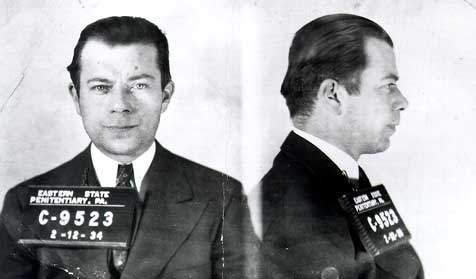
Moehringer's tale unfolds in a back-and-forth manner, as each location, or comments and questions from the reporters, triggers Willie's memory. We go back in time to the beginning, to Gold Street, Irish Town, Brooklyn. Driving into his old neighborhood, Willie notices a new movie advertised on the marquee: Tell Them Willie Boy Is Here.
A prison shrink once told tell Willie: "Your brothers were monsters. Your sister was invisible. Your parents were cold." Those years were tough for everyone. Poverty ran rampant. In 1916, Willie quit school and got his first job--in a bank. It didn't last. Soon after, a major event in Willie's life occurs--he meets wealthy Bess Endner and falls in love. After their first kiss "he knows... his future is being reshaped." Like most things in Willie's life, it's short-lived. The young lovers try to escape Bess's father but are caught, and "like a scraped freighter, there's no putting his broken heart back together." He then mets Doc, a safecracker, and he signs up: "He likes everything about it. He tells himself he shouldn't. But he does." Again, it doesn't last. Arrested, Sutton is sent to Sing Sing. Released in '27, he feels "as if the world is a book he set down years ago." And so it goes. Over the years, Sutton and his various gangs robbed more than 100 banks. He spent time in many prisons, and escaped from nearly all of them. He invented the disguise, to get into banks, and became famous as Willie the Actor. And then, finally, in '69, freedom comes on a cold December evening.
Sutton is a terrific book. Don't be put off by the subject matter. Saying Sutton is a novel about bank robbing is like saying The World According to Garp is a novel about wrestling. They are, of course, but they're also about so much more. So "break into" Sutton and discover the riches it holds! --Tom Lavoie



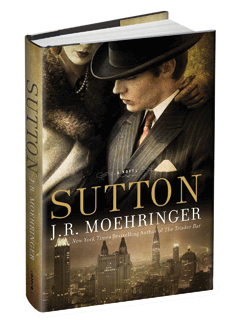
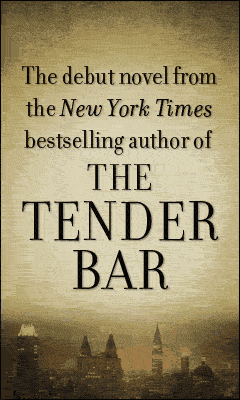
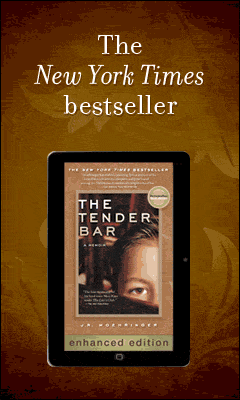
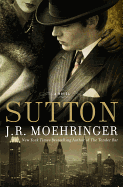

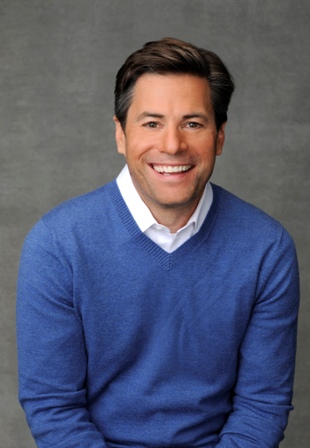 J.R. Moehringer, winner of the Pulitzer Prize for feature writing in 2000, is a former national correspondent for the Los Angeles Times and a former Nieman Fellow at Harvard University. He is the author of the bestselling The Tender Bar and co-author of Open by Andre Agassi.
J.R. Moehringer, winner of the Pulitzer Prize for feature writing in 2000, is a former national correspondent for the Los Angeles Times and a former Nieman Fellow at Harvard University. He is the author of the bestselling The Tender Bar and co-author of Open by Andre Agassi.